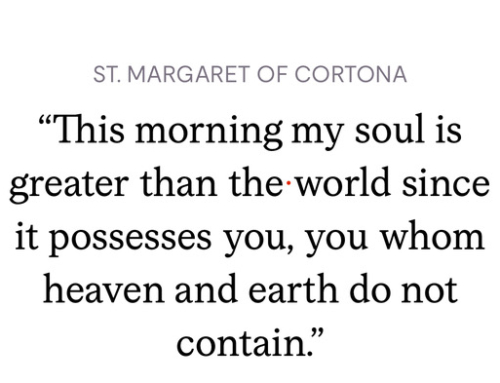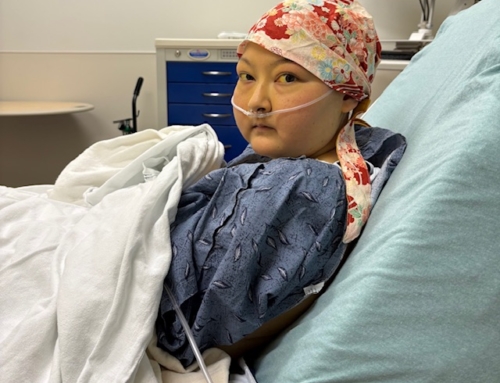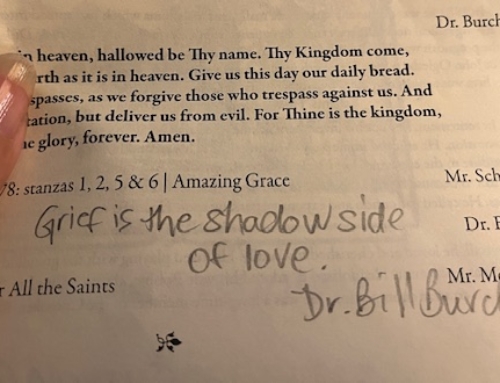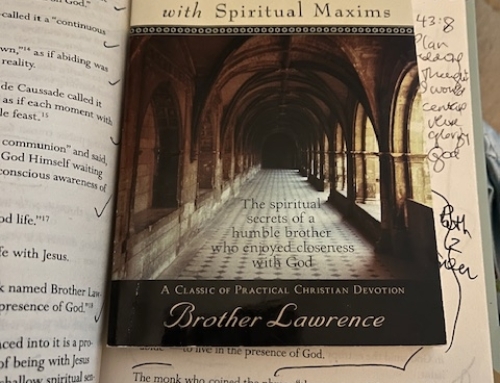Good morning…
Our daughter is struggling to make some major life decisions. Which college? What major? Who to befriend? We as parents are prayerfully dialoguing with her, and we all would love God’s will for her to be revealed clearly. Soon. I thought of her as I read these words in one of my Spiritual Direction books this week.
“In general, it is God’s will that we ourselves should have a great part in determining our path through life. This does not mean that he is not with us. Far from it. God both develops and, for good reason, tests our character by leaving us to decide. He calls us to responsible citizenship in his kingdom by saying – in effect or in reality – as often as possible, “My will for you in this case is that you decide on your own.” God is preparing us for a life of initiative, so I know that God will be with me even when he does not tell me what to do. His presence is known in ways different from his specifying what he wants done” (p. 266 in Dallas Willard’s Hearing God: Developing a Conversational Relationship with God).
Other than saying specifically what to do, how is God’s presence known?
1) We crave and respond to God’s magnetic pull, constantly drawing close to any hint of a holy whisper.
2) We prayerfully collaborate with other trusted believers as we talk our way through possible options.
3) We sense any signs of divine directive in silence or sermons, in nature or thoughts, in dreams or books, in daily circumstances or crucial conversations.
4) We share the peaceful trust of Abraham Lincoln: “I am satisfied that, when the Almighty wants me to do, or not to do, a particular thing, he finds a way of letting me know it.”
I have never really thought about God purposefully choosing not to give a clear answer, forcing us instead to hone our own decision making skills. Willard continues: “We are dealing here with the essence of human personality as God has ordained it. A child cannot develop into a responsible, competent human being if he or she is always told what to do… A child’s character cannot be known – even to herself – until she is turned lose to do what she wants. It is precisely what she wants and how she handles those wants that both reveal and make her the person she is” (p.267).
We can rejoice, too, when we run into problems and trials, for we know that they help us develop endurance. And endurance develops strength of character, and character strengthens our confident hope of salvation. And this hope will not lead to disappointment. For we know how dearly God loves us, because he has given us the Holy Spirit to fill our hearts with his love (Romans 5:3-5, NLT),
…Sue…





